Campaign signs in the Sydney seat of Watson abound as Muslim independent candidate Dr. Ziad Basyouny and Labor’s Tony Burke battle for votes. The upcoming Australian election has taken a unique turn with the country’s 650,000 eligible Muslim voters gearing up to make their voices heard like never before.
In previous elections, Az Fahmi supported Labor’s home affairs minister, Tony Burke, in the Watson electorate but now demands change. “Enough is enough. We’re sick of being taken for granted. We’re sick of being ignored,” she passionately expresses.
“For the first time in a very long time, you’re seeing our community really become invested in the electoral process, and starting to believe that there is hope for change.”
Sara from Caroline Springs echoes this sentiment, feeling a shift in the air this election cycle. The aftermath of Israel’s actions against Gaza has stirred a political awakening among Australian Muslims who feel disconnected from Canberra.
“There is no question that the Palestine issue is way bigger than politicians realize,” states Nasser Mashni, president of Australia Palestine Advocacy Network (Apan).
The healthcare system, housing affordability, and cost of living are also critical issues impacting the Muslim community beyond geopolitical conflicts. Ghaith Krayem from Muslim Votes Matter emphasizes how this surge in political engagement stems from long-standing feelings of marginalization within Australian society.
“Gaza was the catalyst, but the sentiment was always there: we had been marginalized and silenced politically on major issues,” notes Ghaith Krayem.
With significant Muslim populations residing in key electorates like Watson and Blaxland, independent candidates supported by advocacy groups aim to challenge traditional party loyalties. This push extends beyond specific policy concerns to address broader themes like representation and inclusivity.
The rise of grassroots movements advocating for better recognition highlights a generational shift within Australian Muslims towards more active political participation fueled by frustration over unresolved societal issues like Islamophobia.
“We’re providing that platform for the community to have its voice heard… It’s a message to individual MPs: represent your constituents or face consequences,” explains Krayem.
As Election Day approaches, Australian Muslims find themselves at a pivotal moment where their collective actions could reshape political landscapes across various constituencies previously considered unassailable.


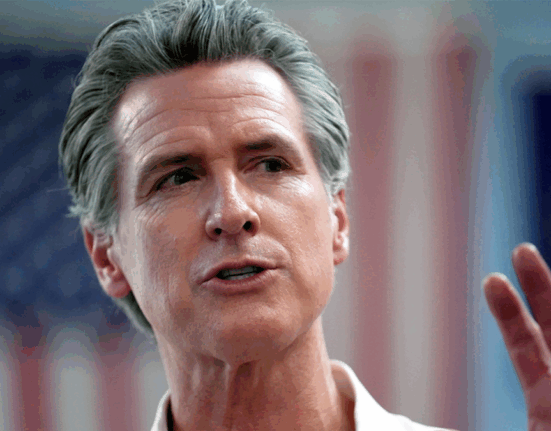
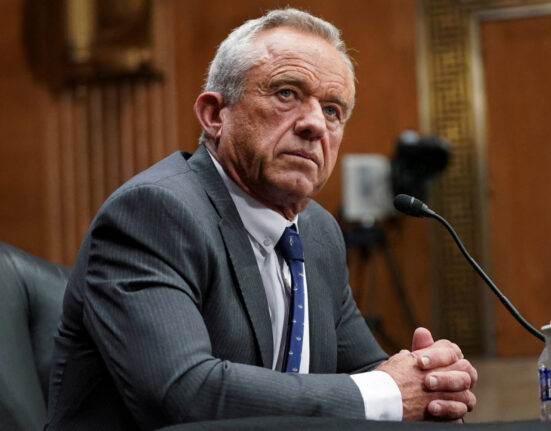
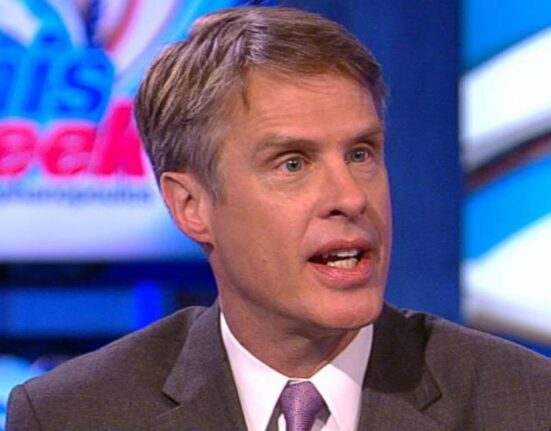
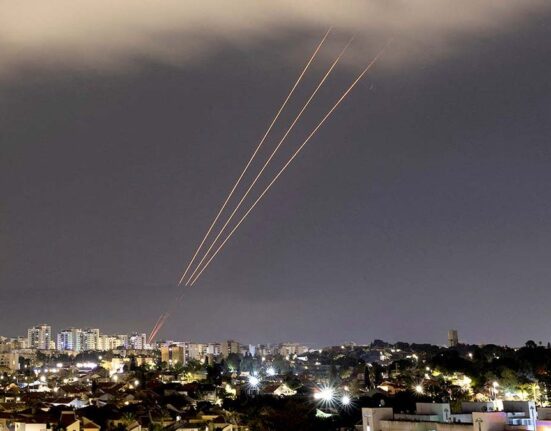
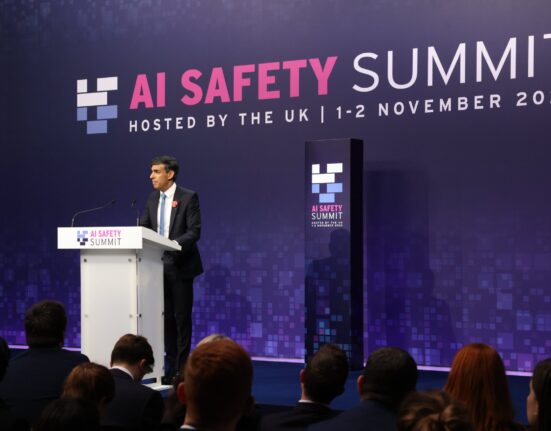

Leave feedback about this